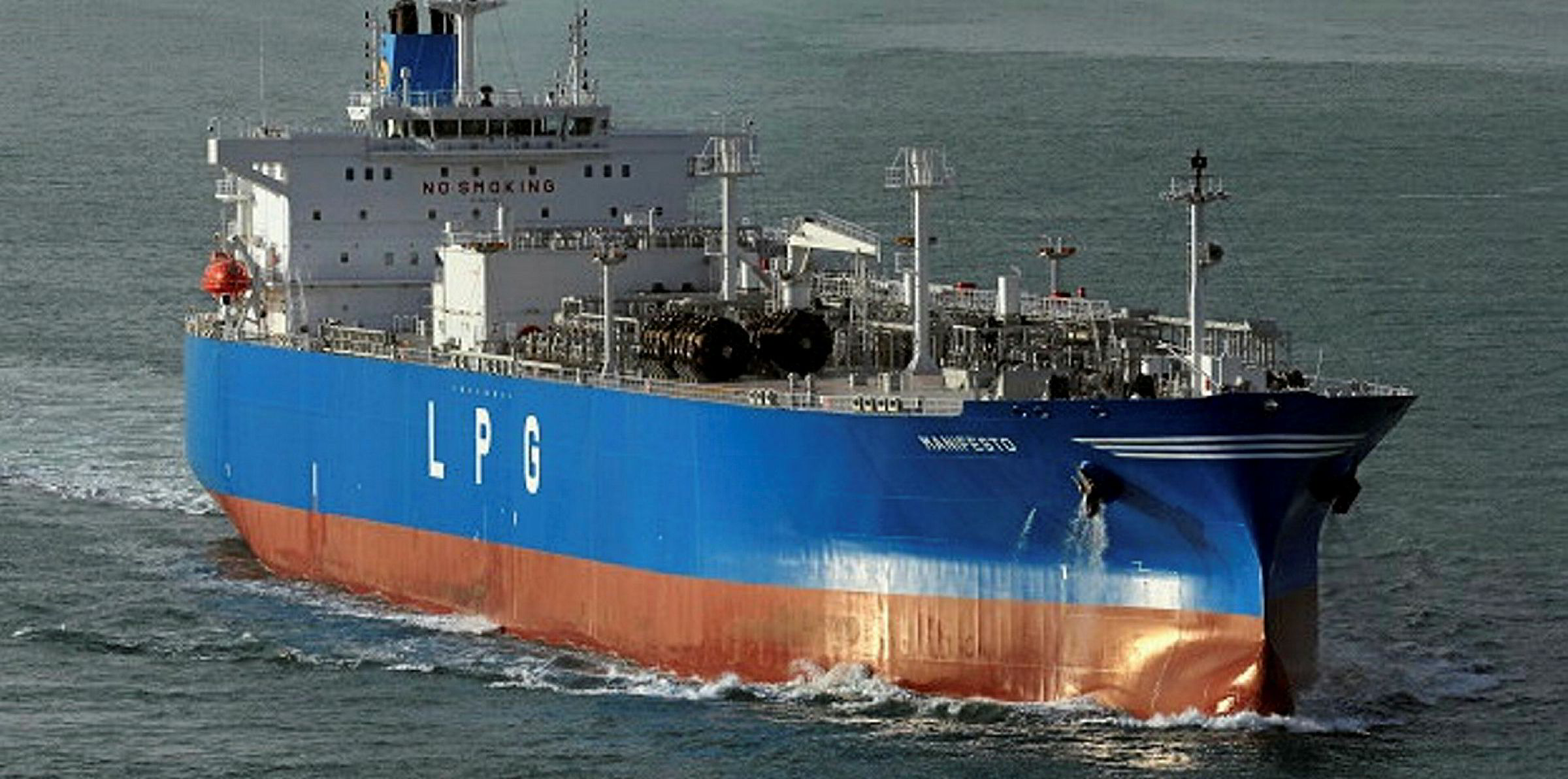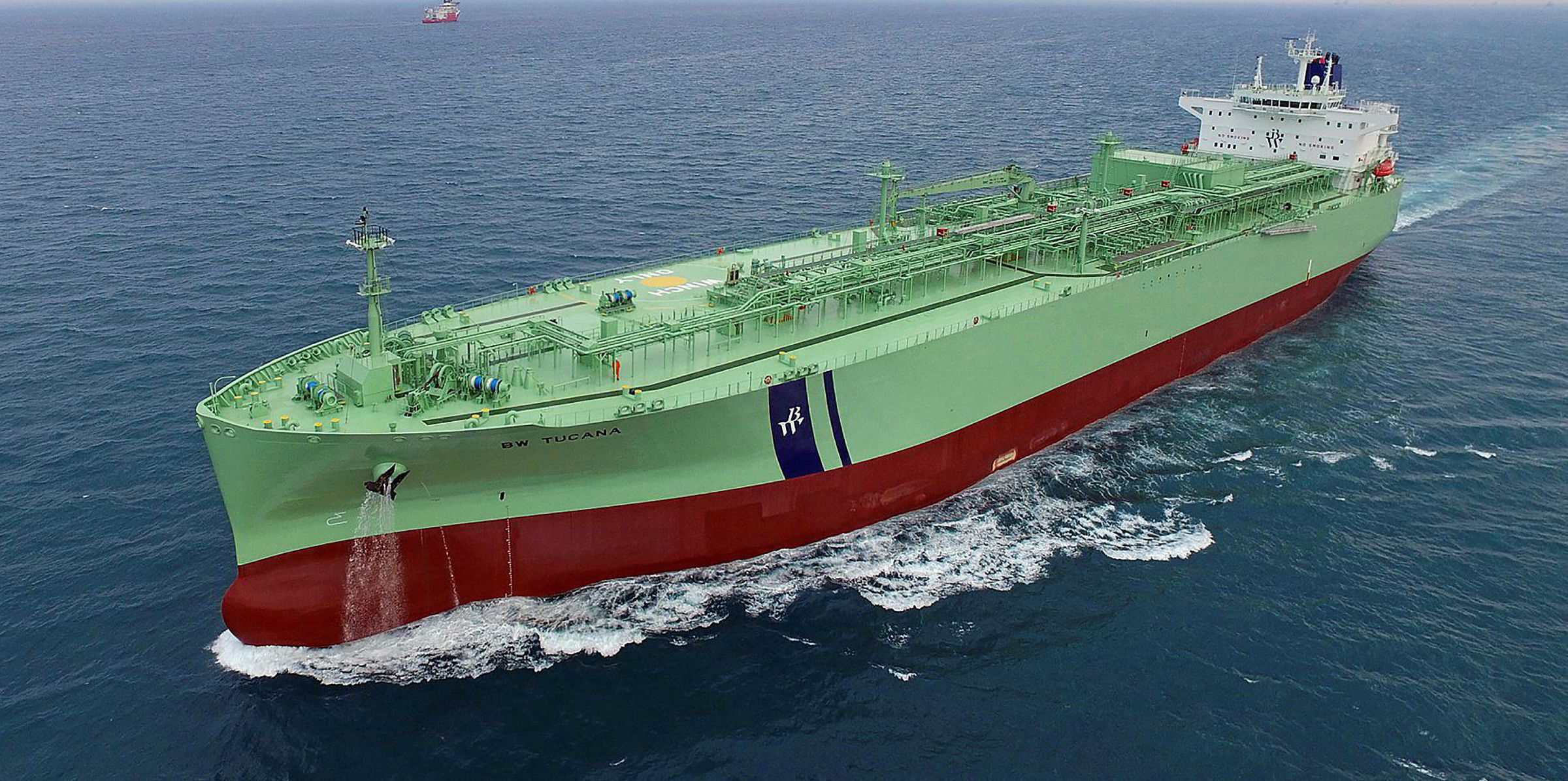Further rate drops are expected in the VLGC market after the spot market fell below cash break-even levels this week.
Cleaves Securities, an investment bank, said the regional price differential has disappeared, leaving a number of trader relets competing for the few available cargoes.
The Baltic Exchange VLGC Index spot assessment was $29.71 per tonne, or $18,233 per day, on Wednesday, down 7% from Tuesday. Break-even is quoted at around $22,000 per day.
Cleaves head of research Joakim Hannisdahl believes a plunge to operating expense levels of between $7,000 and $8,000 per day could be seen in the short term.
Rates are already approaching the levels seen at this time of the year in 2019 and 2018, after a strong start to 2020. Numbers were $60,000 per day in April.
Fearnley Securities said many owners are deciding to take "substantial" waiting time and slow-steaming vessels, so actual time-charter equivalent earnings are probably "somewhat below" the Baltic figure.
Oversupply of ships is a 'plague'

In Asia, there has been some activity involving free on board (FOB) tenders and a few cargoes for Indian buyers, the investment bank said.
But the oversupply of vessels looks set to "plague" the entire June fixing window, Fearnley analysts Espen Landmark Fjermestad, Peder Nicolai Jarlsby and Ulrik Mannhart said.
"Though some owners have sent their vessels west on speculation, it looks as [though] this will be insufficient in clearing sufficient tonnage to halt rates [falling]," they added.
The western hemisphere has also faced pressure on rates this week, with current US Gulf to Japan assessments now at $61 per tonne — down $40 per tonne from the start of June.
"One effect of rates shifting down is obviously that waiting time is becoming cheaper for owners who have continued to hold off and refusing to be too competitive on freight," Fearnley's shipping team said.
"While owners have started to slow-steam vessels to stretch the fleet in the short term, we do expect rates to come under further pressure as we move ahead, both through the oversupply of vessels but also the extremely challenging product market."





